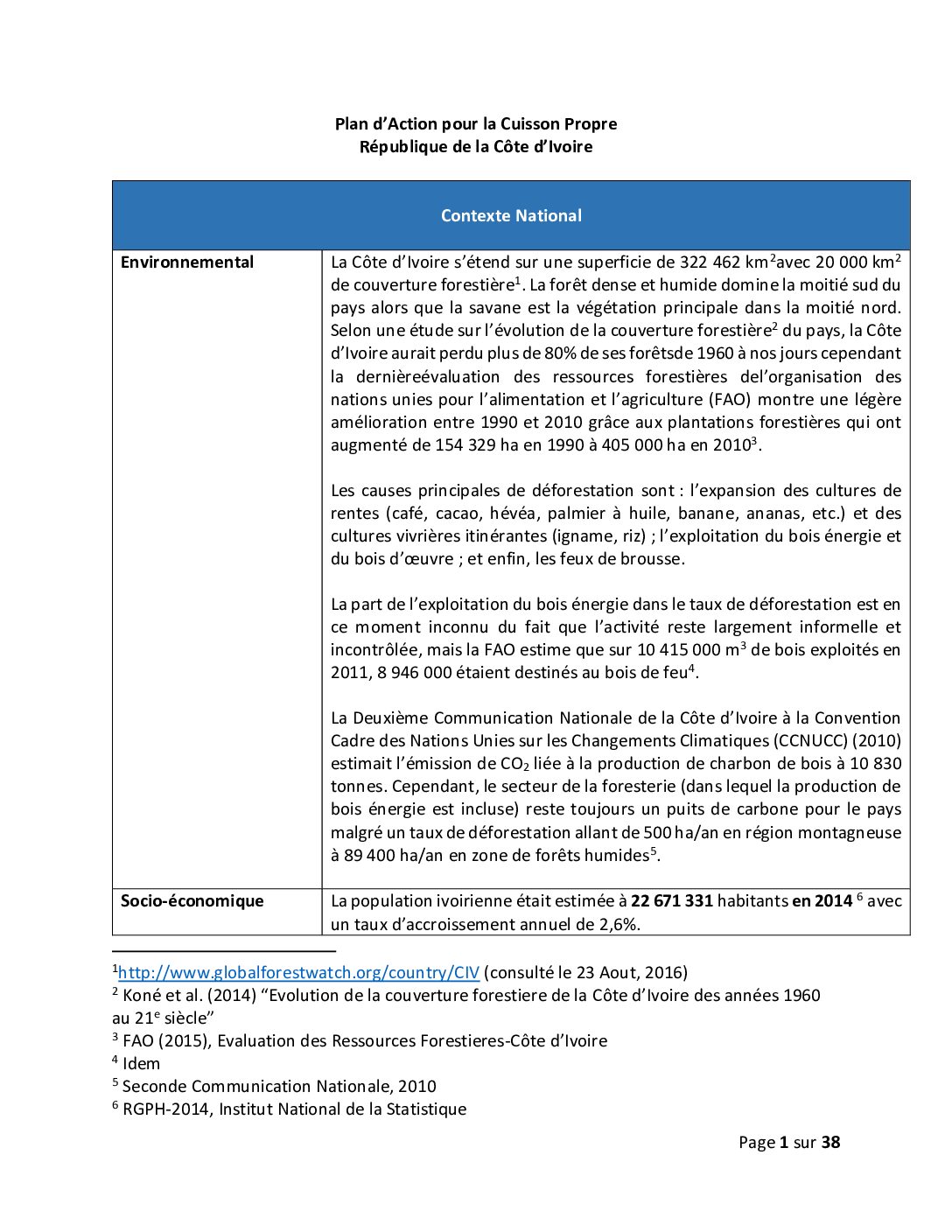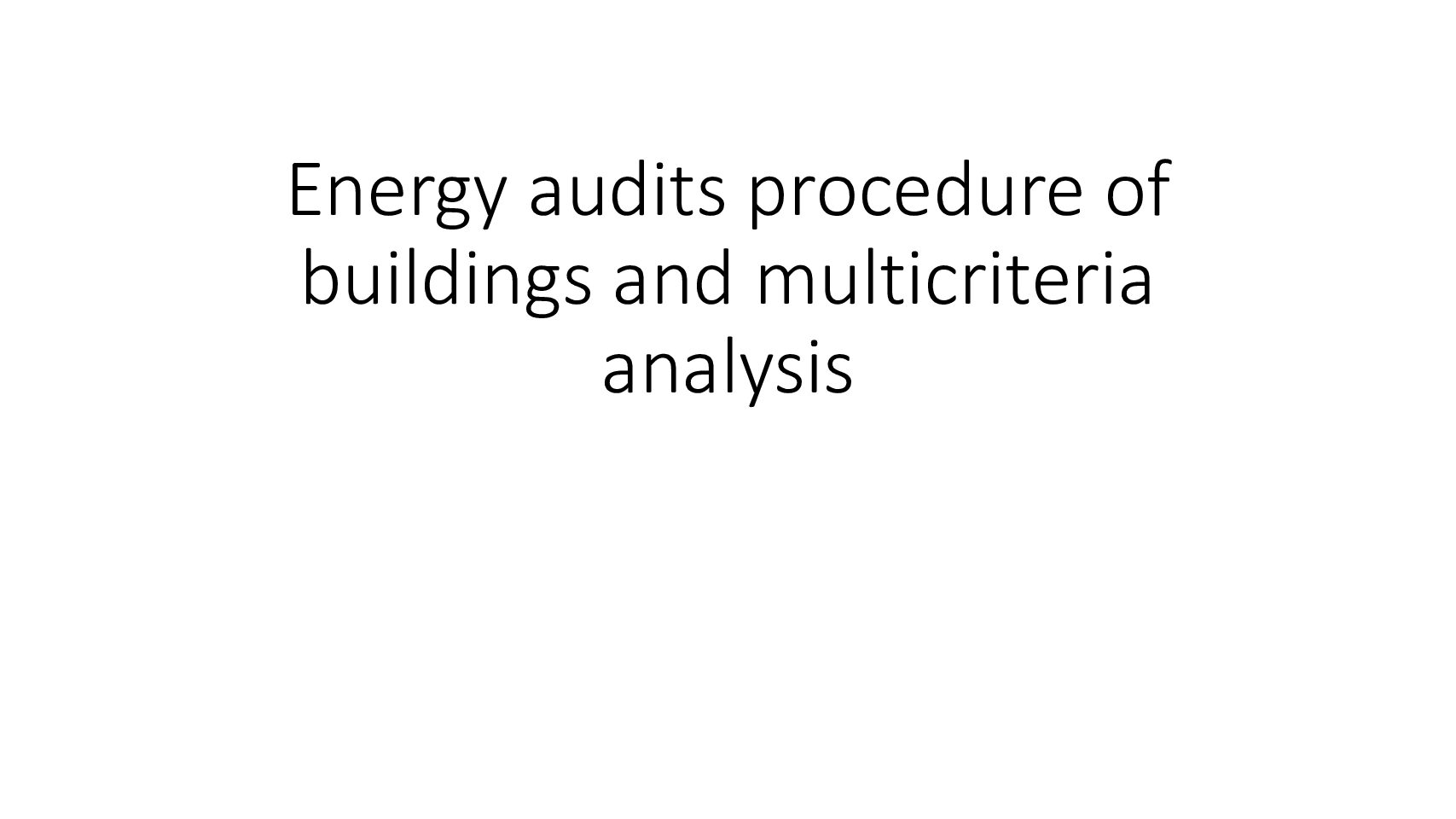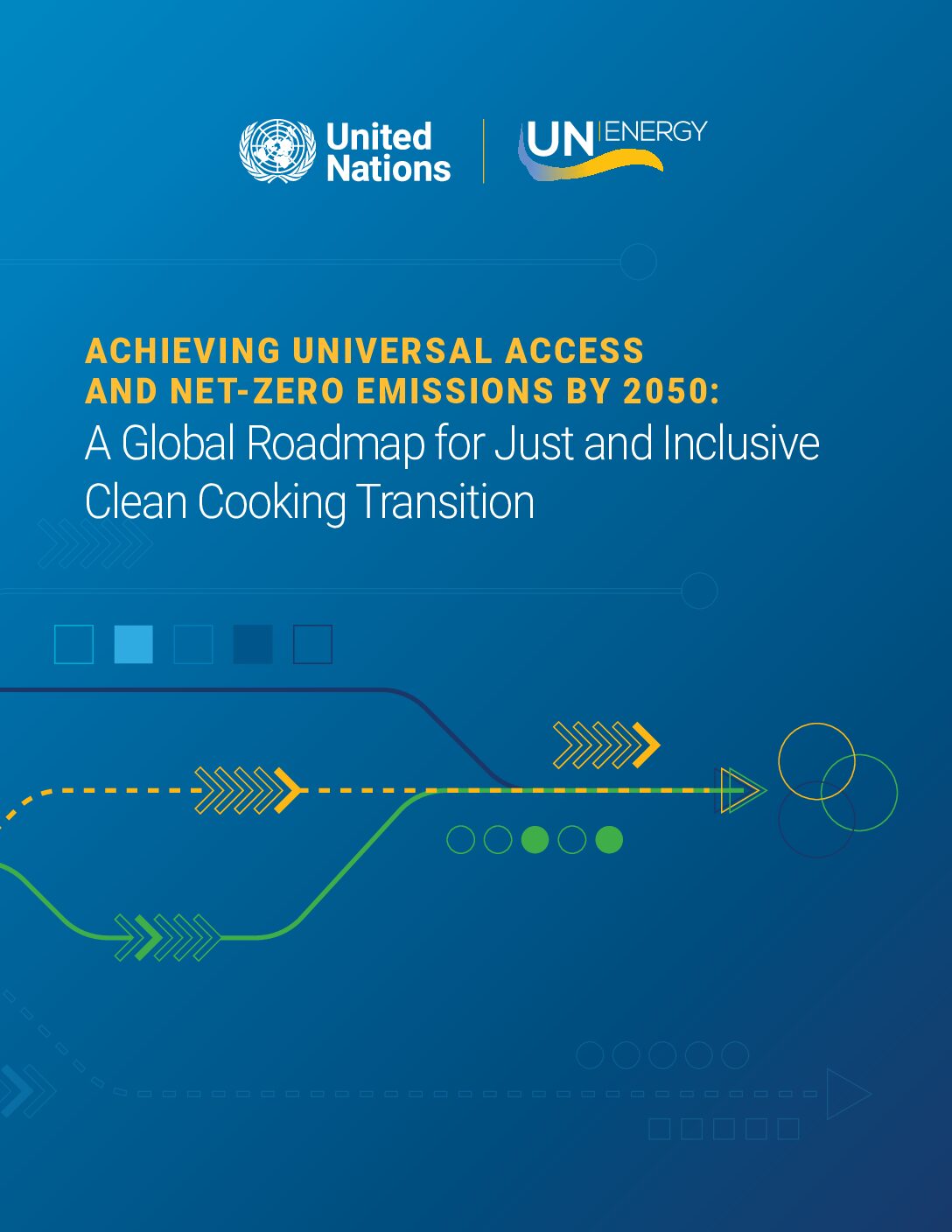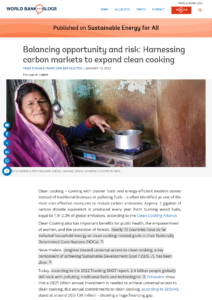This report provides an assessment of the status of clean cooking in Côte d’Ivoire, including a demand analysis, an assessment of the regulatory framework, and a series of recommendations.
This is an action plan for clean cooking in Côte d’Ivoire.
This chapter of the SDG 7 progress report describes progress made towards the goal of access to clean cooking for all.
This database provides different dashboards presenting data on the latest investment and operational trends in clean cooking, including carbon market data and customer perceptions of clean cooking companies’ products and services.
This page presents the Principles for Responsible Carbon Finance in Clean Cooking, developed by the CCA.
This slide deck provides step-by-step instructions for energy audits of buildings.
This is a UN roadmap presenting different scenarios and pathways towards clean and net-zero cooking by 2050.
This World Energy Outlook Special Report sheds light on the current state of clean cooking, the costs of inaction, and the benefits of boosting access in line with SDG 7.
This blog assesses the opportunities of carbon finance to fill financing gaps for clean cooking, and highlights the integrity, reputational and regulatory risks associated with the sale of carbon credits.
This report illustrates the need for digital monitoring, reporting, and verification (D-MRV) systems to underpin future carbon markets. It discusses the available technologies, and barriers to their adoption, as well as guidelines, tools, and lessons learned to promote the use of these systems.





